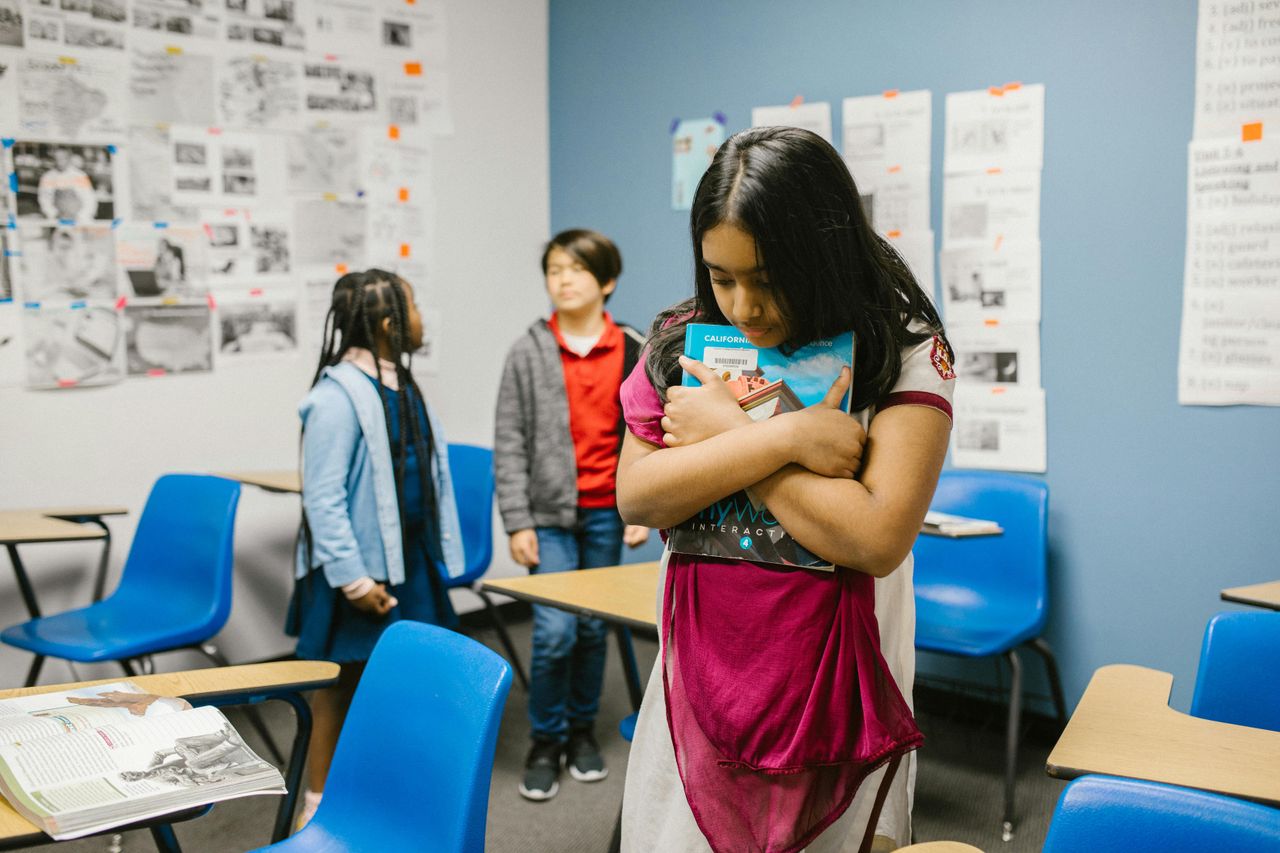I worry a lot about the direction our society is headed: the ideals that are instilled and passed down, the morals and values that are being shaped, twisted, and corroded, the actions that will eventually bring ultimate harm to humanity, the very assumptions we all make out of our own perceived infallibility as individuals and as a species. I believe that humanity is currently headed in a very dangerous direction on many levels (social, economic, ecological), but I also believe that all of this is reversible.
Education, in effect, is ‘future insurance.’ Education is the cornerstone to the transmission of cultural ideas, values, and technologies that define who we are. At the heart of our desire to invest in the education of our young people is the hope that our future will be better than our present.
Education – at its best – empowers people with the tools they will need in order to be the best citizens of Planet Earth that they can be. This sometimes means having the necessary tools to promote the secure future of our society’s structures, and at other times it means having the critical consciousness, wisdom, and power to change those structures as to be more equitable and sustainable.
We, as a society, have done quite well on the former point. Our schools have turned out exceptional individuals whose contributions to society are enjoyed by all. But on the latter point, we have faltered. Schools, in the eyes of many, perpetuate a system of inequality. As evidenced by authors such as Jonathan Kozol, there are incredible disparities between schools in affluent communities and schools in poor communities. It should not come as a shock that the well-to-do continue to enjoy certain comforts and privileges, the poor stay that way, and there is very little movement from one pole to the other. Schools, as institutions that socialize us from a very young age, are primary agents in such a phenomenon.
Last week at the Teachers For Social Justice conference in San Francisco, keynote speaker Pedro Noguera pointed to quality education in our toughest schools as being a potent weapon against social inequality. Education - which should not be equated with schooling - is a liberating agent, especially to those who have not enjoyed access to the best teachers and resources. Everyone deserves an education, but as Dr. Noguera (and many others) argues, the equitable distribution of educational resources in our schools (teachers, equipment, money) is simply not a reality. When one thinks hard about how to redistribute those resources equitably such that everyone has access to equivalent educational opportunities, one starts to conceptualize education as an act of social justice.
The question then becomes: how? Dr. Noguera argues that it's not just a matter of throwing money into poor school systems. Supplying adequate funding to school is part of the solution, but there needs to be more. There needs to be a certain type of education in schools - one that is not biased towards those in power, and one that is culturally inclusive and accepting of differences. For the affluent, education needs to include an awareness of social power dynamics and of the inequalities that do exist here and now. For the poor, there needs to be a concentration of efforts to level the playing field. At this point in the game, that most likely means that equitable distribution will most likely not be equal distribution.
Tutorpedia believes very strongly in giving all students access to educational resources. We have worked with public school districts for two years, supplying tutoring to underprivileged students at no cost to them. We are offering scholarships for one free year of tutoring to deserving students. And this month, we are incorporating the Tutorpedia Foundation, a nonprofit entity whose mission is to provide tutoring and other educational services to low-income students. In these ways, our work becomes more than supporting individual learners as they grow towards college and adulthood, it becomes nothing short of an act of social justice. And that makes me worry a little bit less about all of our futures.
Subscribe to:
Post Comments (Atom)







No comments:
Post a Comment